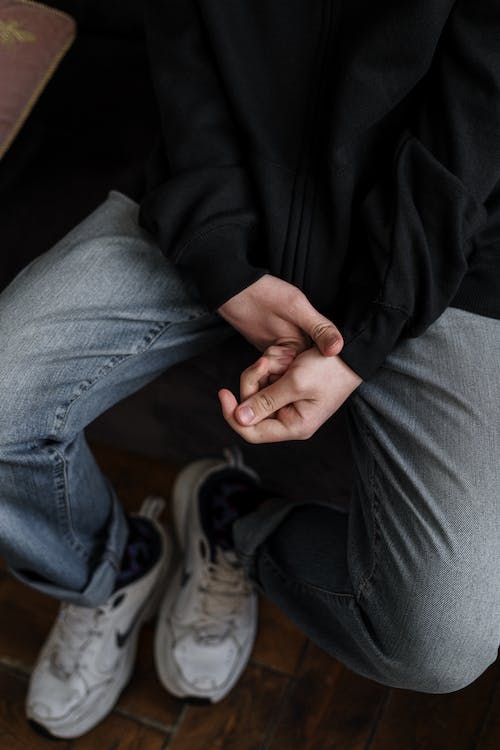Rory Edwards is a local parent, teacher of 29 years and a school governor. He offers us an insight into certain dilemmas parents might face throughout the school year.
A recent report* I saw said that 1 in 6 children in 2021 had mental health issues. This is a 50% increase from the 1 in 9 chil-dren in 2019. Whilst the signs of mental health may be different for different children, the long term effects make difficult reading: on top of the mental health issue itself, a child is likely have physical health problems too; it will almost certainly affect their future earn-ings as they would find it difficult to stay in the routine that a job may offer; and as a worst case scenario, a reduced life span. It may be tough to read this but as I write this, I think of the students who I have taught, or were in my form group, who didn’t reach the end of their schooling. Schools have been dealing with an increasing number of mental health issues in children over the last few years. It was on the increase before COVID and lockdown certainly didn’t help many chil-dren (or adults for that matter). Whatever the root cause though, we can’t deny that we need to help when we can.
The signs of mental health issues in children are regularly updated on websites like the NHS website and the number has increased steadily over time. Here is a list from nhs.uk*: rapid mood swings; difficulty sleep-ing; withdrawing from family and friends; not wanting to do things they usually like; self-harm. To this I would also add outbursts; excessive anxiety; difficulty concentrating; changes in eating habits (e.g. decrease in ap-petite) and changes in sleep patterns. It’s worth saying that just because children show some of these symptoms every so often, it may not be due to mental health issues, we’re all allowed to have a bad day. However, should you see these long term, it may be time to speak to a professional about it. So what should you do?
1) Speak to someone at your child’s school, the Head of Year is a good start. The school may be able to have an initial conversation if you have found it difficult to do so, it may be able to reduce some of the pressure by not chasing missing homework for example or even arranging a reduced timetable.
2) Speak to your GP. The GP (or the school) may refer your child to Child and Adolescent Mental Health Services (CAMHS). However, with the growing number of cases, many chil-dren find themselves never actually meeting a CAMHS specialist.
3) If your child doesn’t want to speak to you, you can try and encourage them to ring Child-line or The Samaritans for a confidential chat.
At the end of the day though, your child will return to your house and what you do at home is just as important as the conversations with the professionals*. We’ve all got angry at our children at some point but the need to remain calm is particularly important here. Keep the regular household routines going. It’s difficult with such a huge burden on everyone but still very important. Also, keep listening to your child and be positive and encouraging to them when they talk to you.
Lastly, don’t forget to take care of yourself. You need to be there for your children so find someone you can share your concerns with.
*As this is such a huge issue, I have used the following sources to help with this article: nhs.uk; bbc.co.uk; The Health Foundation.

